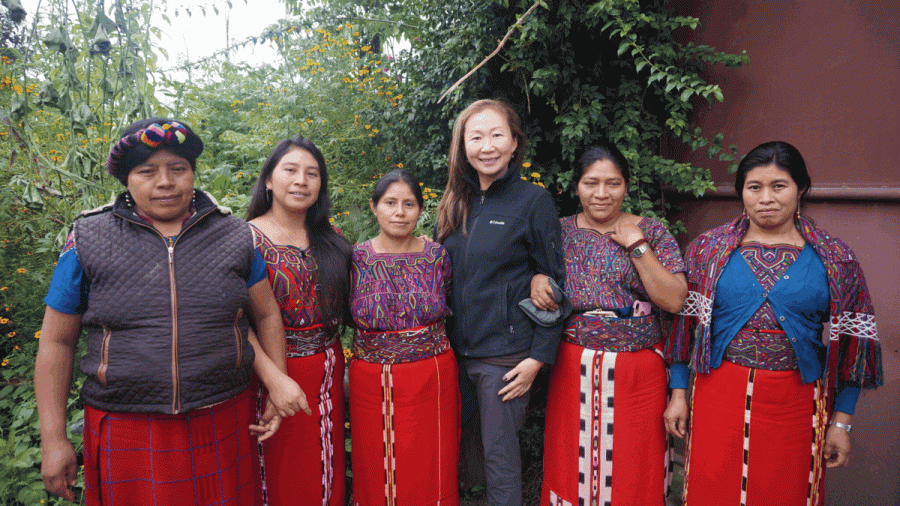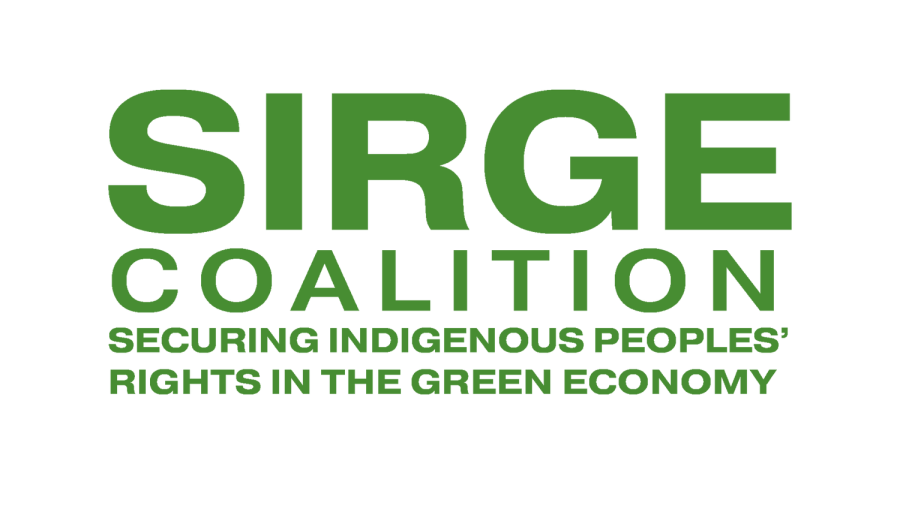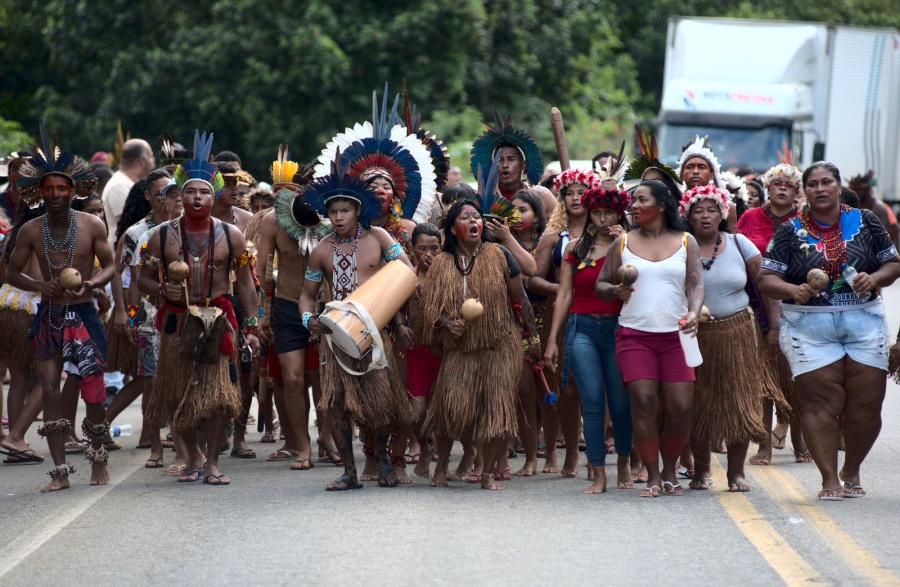

March 21 is International Day for the Elimination of Racial Discrimination
"Racism has been a banner to justify the enterprises of expansion, conquest, colonization and domination and has walked hand in hand with intolerance, injustice and violence." -- Rigoberta Menchu Tum, Guatemalan Indigenous Leader and Nobel Peace Prize Laureate.
Since 1966, the United Nations has recognized March 21 as the International Day for the Elimination of Racial Discrimination. Today, many Indigenous Peoples face constant human rights violations. They are marginalized, denied control over their own development that is based on their own values, disregarded when it comes to the exploitation of their natural resources, and often lack equal access to basic social services.
The world's Indigenous population is estimated at 370 million people living in more than 70 countries and made up of more than 5,000 distinct peoples. Although representing 5% of the world's population, Indigenous people account for 15% of the world's poor.
Indigenous people face huge disparities in terms of access to quality education and health care. In Guatemala 53 percent of Indigenous youth aged 15-19 have not completed primary education, as compared to 32 percent of non-Indigenous youth. Indigenous peoples also suffer from discrimination in terms of employment and income. According to the ILO, Indigenous workers in Latin America make on average about half of what non-Indigenous workers earn.
According to recent reports, Aboriginal and Torres Strait Islander young people in Australia made up 54 per cent of young people in youth justice detention last June, despite comprising about 5 per cent of the population.
8 Things You Can Do Today:
1. 6 Things you can do to put your anger into action for #BertaCaceres.
Indigenous leaders are getting killed everyday for claiming and fighting for their rights.
2. Listen to radio programs with Indigenous leaders on issues of discrimination.
3. Read, honor, and cite the UN Declaration on the Rights of Indigenous Peoples.
Article 2 that states:
"Indigenous peoples and individuals are free and equal to all other peoples and individuals and have the right to be free from any kind of discrimination, in the exercise of their rights, in particular that based on their Indigenous origin or identity."
4. Learn about the double discrimination Indigenous women are facing everyday and the courageous women who are making change happen around the world.
5. Read "Time to Say Goodbye to Racist Stereotypes in American Sports" and use Abolishing Racist Native Mascots: A Toolkit for Change.
Generic and specific Native American names such as the "Braves", "Indians", "Seminoles", and "Chiefs" are given by the dominant culture to many high school, college and professional sports teams in the United States. Its time to put an end to racist sport mascots. Start with your town or school.
6. Watch the untold truth about residential schools in Canada. Watch We Were Children documentary.
7. Be Social! Please share this message by forwarding and posting on Facebook and Twitter.
Share what you have learned with your networks and sensitize them to racial discriminationhappening against Indigenous Peoples. Forward this message, tweet it, post it on facebook.
#RacialDiscrimination




